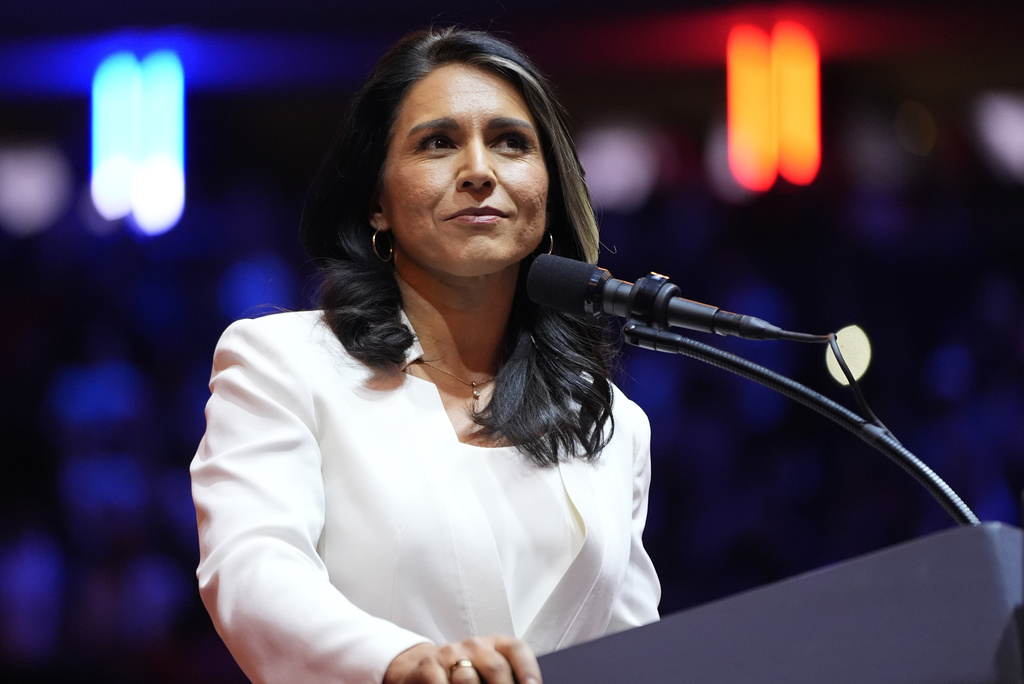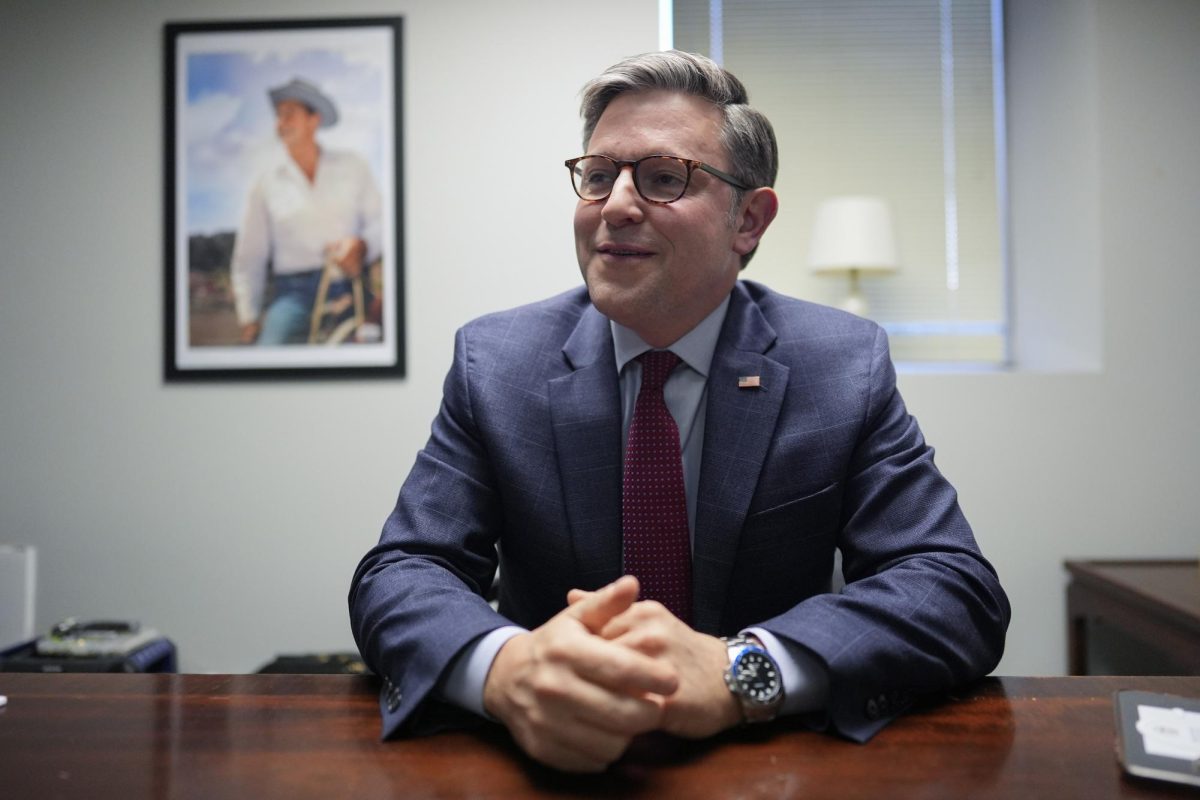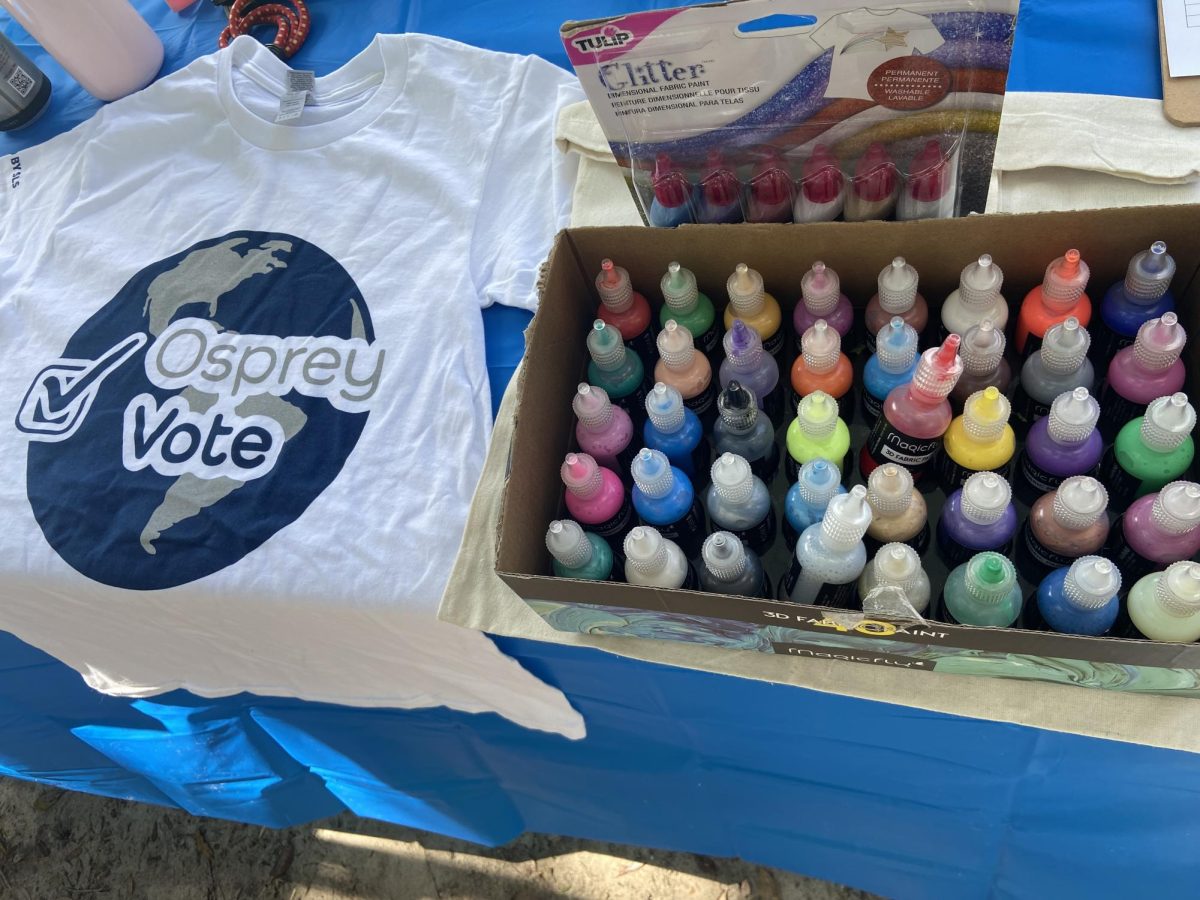After a rough period in 2017, the Trump Administration’s anti-transgender ban for the armed forces came back in force in January right on the heels of the government shutdown.
Director of the LGBT Resource Center Kaitlin Legg shared her observations of the ban’s return and its fallout for LGBT members in the armed services.
“There’s estimates that between 13,000 and 15,000 transgender people are currently openly serving in the armed forces,” Legg said, “So the reason this is on the news again is that on Tuesday, the Supreme Court decided that they were going to put some of those injunctions on hold, which would mean, again, transgender people cannot serve.”
For the time being, though, the Supreme Court has not made any further decisions over the case. For the LGBT community this means that thousands still risk losing their jobs. For Legg, who mentioned a prior study by the Department of Defense that found no major negative consequences for transgender people to openly serve, it also means more polarization in an already charged political climate.
“The only answer [to why this is coming back] I can think of is that transgender people’s lives have become incredibly politicized,” Legg said, “So there’s often two camps: there’s the one side of the fence that says we need trans inclusion now, this is fine, and the other side of the fence, which I think are the people President Trump is trying to appeal to, believe that trans folk shouldn’t have equal access to those rights.”
With this and the government shutdown in mind, Legg also mentioned that this is the first time that a president reversed a decision to integrate a minority population into the military.
“If you think back historically, to the integration of black troops within a predominantly white – at the time – military, the integration of women as well as the integration of lesbian and gay folks when ‘Don’t Ask, Don’t Tell’ was repealed, none of those things were reversed. So, this is a big move.”
However, Legg remains optimistic that in the long term, people will move in support of the LGBT community and deny the ban.
—
For more information or news tips, or if you see an error in this story or have any compliments or concerns, contact editor@unfspinnaker.com.















